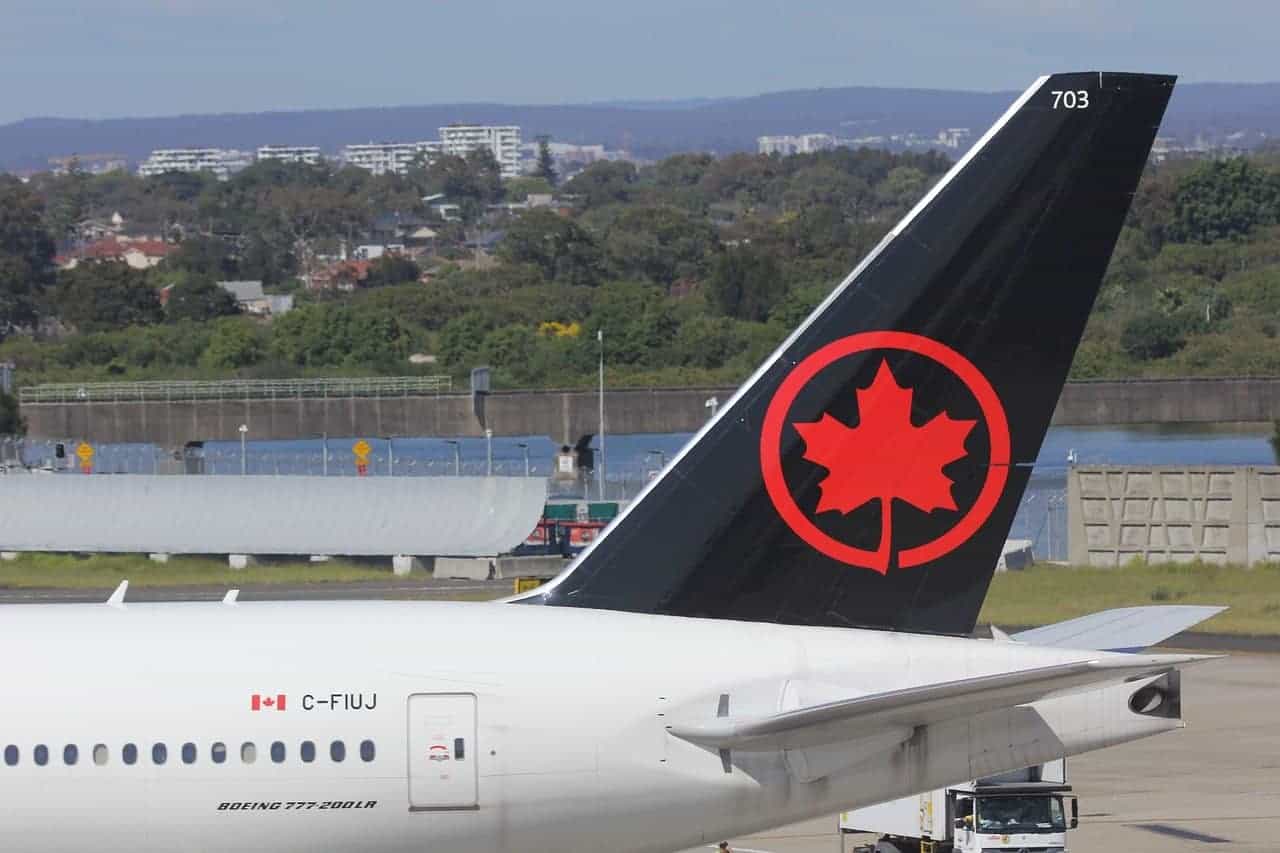COSTA RICA’S LEADING ENGLISH LANGUAGE NEWSPAPER
The Canadian government rolled out a fresh travel advisory for Costa Rica, urging travelers to stay sharp due to rising crime and natural risks. If you’re planning a trip to our country, here’s what you need to know to stay safe and informed.
Costa Rica draws thousands of Canadians every year—143,076 visited in the first four months of 2025 alone, with stays averaging 14.8 nights. But the advisory flags a spike in crime that could catch tourists off guard. Petty theft, like pickpocketing and bag snatching, is common in busy spots like San José, Jaco, Tamarindo, and cruise ship terminals.
Violent crimes, including armed robberies and drug-related incidents, are also up, especially in areas tied to organized crime. While tourists aren’t usually the main targets, you could get caught in the crossfire if you’re in the wrong place at the wrong time.
Fraud’s another issue. Scammers are getting bold with credit card cloning and overcharging at sketchy ATMs or street vendors. To stay safe, stick to secure ATMs, keep an eye on your belongings, and avoid flashing cash or pricey gear. The advisory suggests signing up for the Registration of Canadians Abroad (ROCA) program to get real-time alerts and consular help if things go south.
Crime isn’t the only concern. The Poás Volcano is acting up, with an orange alert (level 3 of 4) in place. The Poás Volcano National Park is closed, and if you’re near the volcano or Toro Amarillo district, keep tabs on local news. Hurricane season, running from mid-May to November, could also mess with your plans, so check weather updates before heading out. Coastal areas have strong currents and rip tides, so swim with caution.
Health-wise, dengue fever is a risk, especially in the rainy season. Mosquito repellent and long sleeves can help. Outside San José, finding doctors who speak English or French is tough, and private clinics often demand upfront payment. Pack enough prescription meds and get travel insurance that covers medical evacuation. If you’re hitting the beach, watch out for strong currents—drowning is a real risk.
Costa Rica’s still a top pick for Canadians, but the uptick in crime and natural hazards means you’ve got to plan smart. The advisory doesn’t say avoid Costa Rica—it just says stay alert. Safer spots like Manuel Antonio, Monteverde, or La Fortuna are good bets, but even there, keep your guard up. Check travel.gc.ca for the latest updates, and consider locking in your plans with flexibility or invest in travel insurance in case conditions shift.
For now, Costa Rica’s beauty and biodiversity are still worth the trip—just go in with your eyes open.
© 2025 The Tico Times




